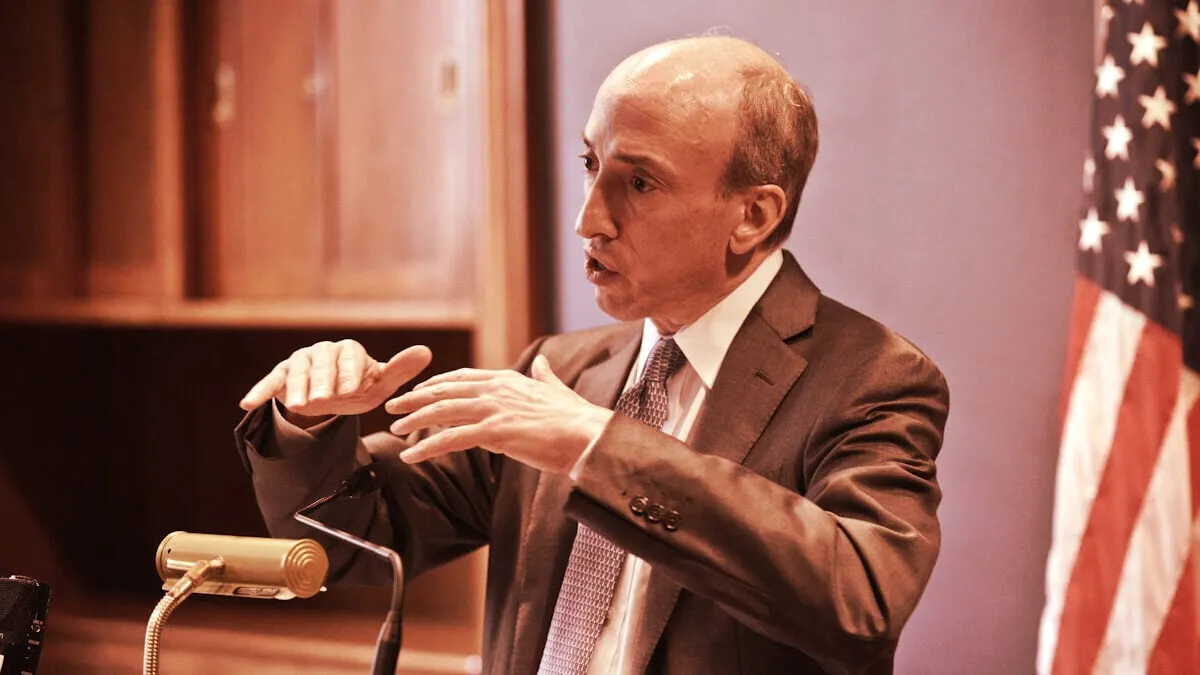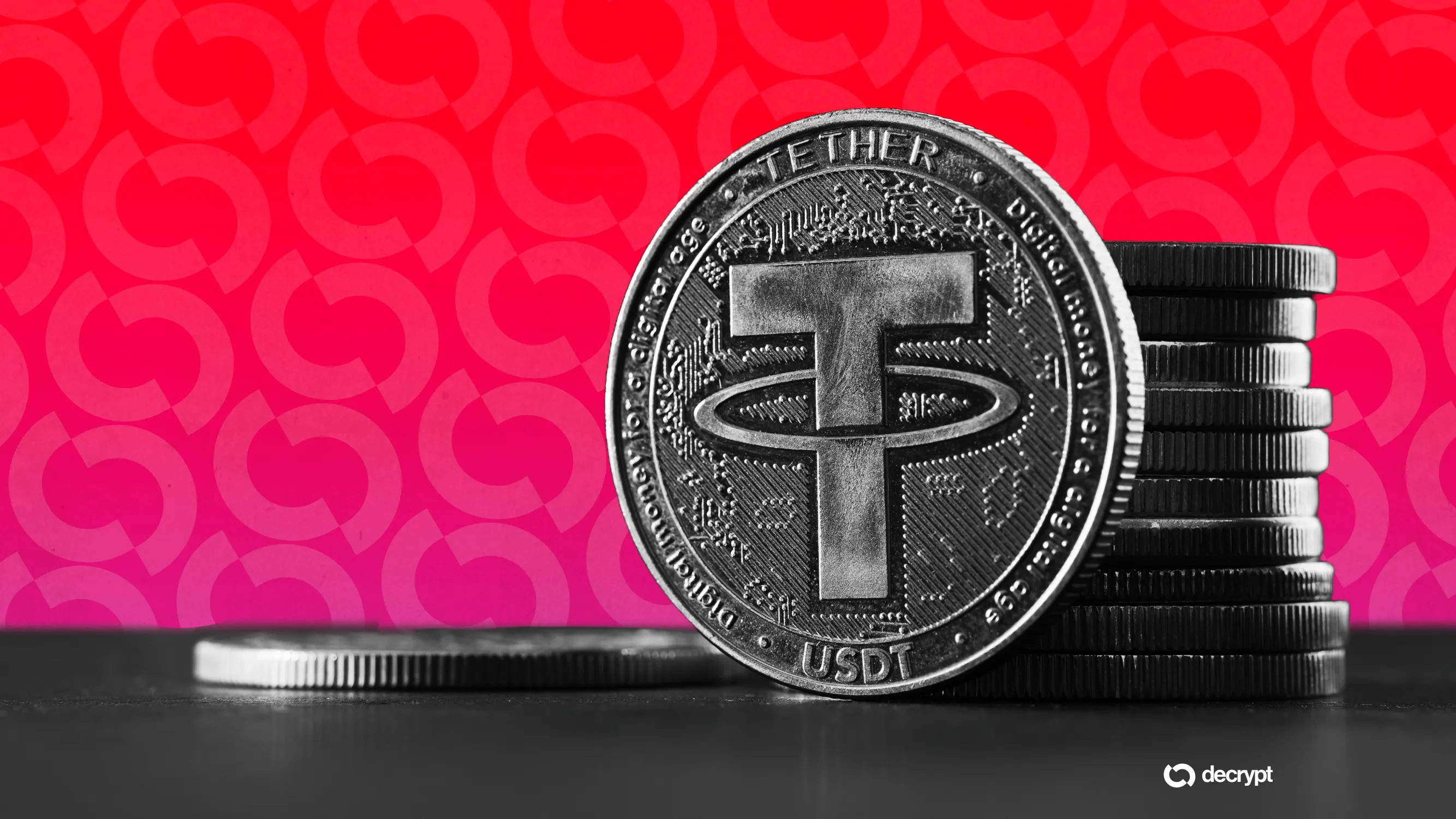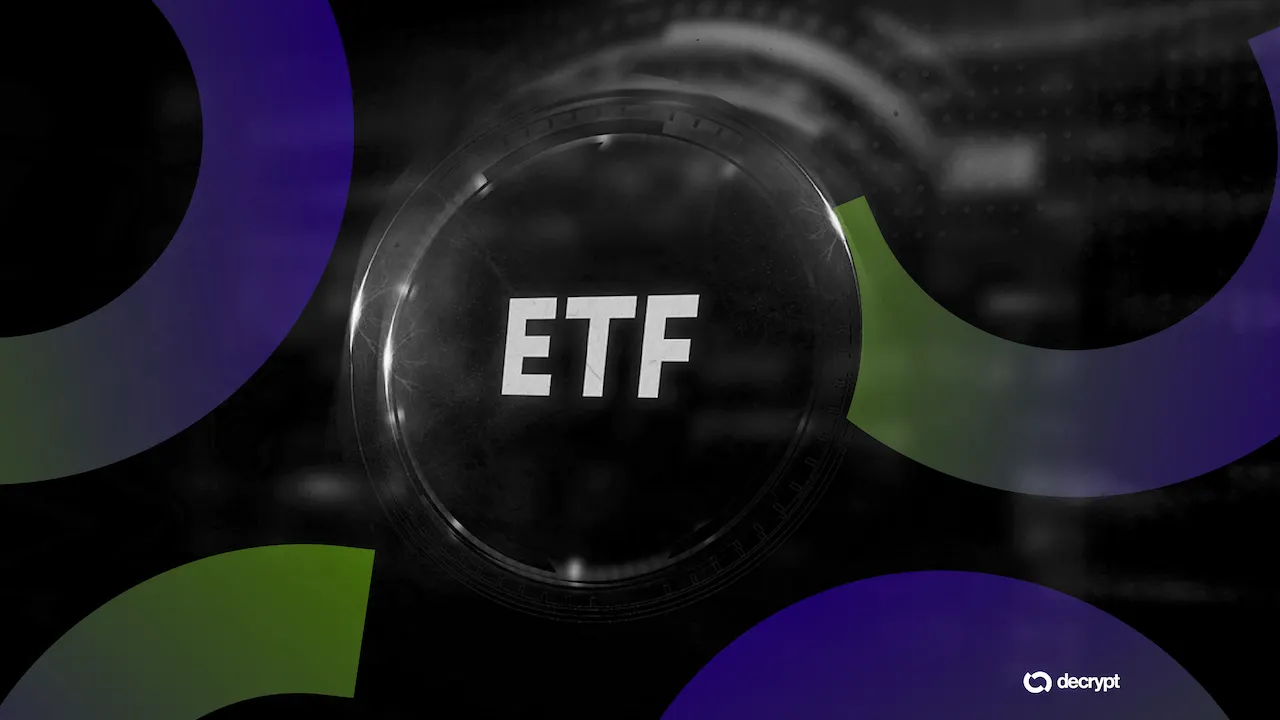Coin Prices
BTC
$117,762.00
-0.31%ETH
$2,951.50
-2.06%XRP
$2.77
6.87%BNB
$691.74
-0.29%SOL
$162.85
-1.55%USDC
$0.999903
-0.01%DOGE
$0.201664
1.19%TRX
$0.30326
2.36%STETH
$2,946.07
-2.30%ADA
$0.713092
1.85%HYPE
$46.25
1.29%WBTC
$117,575.00
-0.38%WSTETH
$3,563.34
-1.98%SUI
$3.39
-3.88%XLM
$0.375506
21.96%LINK
$15.19
-2.44%BCH
$514.58
-2.11%AVAX
$20.67
-2.22%LEO
$9.08
0.71%HBAR
$0.195298
-2.48%WEETH
$3,164.28
-1.93%SHIB
$0.00001322
-2.86%USDS
$0.999793
-0.02%TON
$2.97
0.45%WETH
$2,947.94
-2.30%LTC
$93.04
-3.26%WBT
$46.65
-0.45%BSC-USD
$1.001
0.07%XMR
$332.62
1.35%DOT
$3.95
-0.95%CBBTC
$117,736.00
-0.32%USDE
$1.001
0.08%PEPE
$0.0000123
-4.38%BGB
$4.40
-4.69%UNI
$8.52
-4.35%AAVE
$298.00
-4.71%TAO
$389.70
0.57%PI
$0.467568
-9.89%CRO
$0.104565
6.26%SUSDE
$1.18
0.02%APT
$4.83
-3.68%NEAR
$2.48
-4.39%OKB
$48.61
-2.37%JITOSOL
$197.61
-1.63%ICP
$5.32
-3.87%BUIDL
$1.00
0.00%ONDO
$0.88411
-3.62%ETC
$18.28
-2.54%SUSDS
$1.059
0.00%KAS
$0.08469
-4.14%USD1
$1.001
0.05%ATOM
$4.66
-1.19%MNT
$0.629522
-1.87%ENA
$0.329437
-6.53%POL
$0.23081
1.67%VET
$0.02412222
-3.58%ARB
$0.398602
-6.96%TRUMP
$9.72
-3.76%GT
$16.23
-1.18%FTN
$4.45
-0.20%ALGO
$0.219264
-2.22%RENDER
$3.62
-4.78%SEI
$0.326863
0.25%FET
$0.696508
-9.18%WETH
$2,949.75
-2.29%WLD
$1.031
-8.96%FIL
$2.55
-3.34%LBTC
$117,552.00
-0.12%BONK
$0.00002175
-8.78%SKY
$0.078791
-7.82%QNT
$115.20
-0.06%JLP
$4.73
-0.78%BNSOL
$173.03
-1.62%KCS
$11.48
0.58%PENGU
$0.02317119
10.23%SPX
$1.57
-5.90%USDTB
$0.999873
-0.00%FDUSD
$0.998866
0.10%JUP
$0.482332
-3.48%RSETH
$3,090.01
-2.25%RETH
$3,362.79
-2.18%USDT0
$1.00
-0.04%TIA
$1.88
-2.29%NEXO
$1.28
0.41%IP
$4.38
21.29%FARTCOIN
$1.25
-9.14%INJ
$12.43
-3.23%FLR
$0.01692424
0.03%XDC
$0.070905
-3.15%S
$0.355215
1.76%STX
$0.743001
-2.38%OP
$0.647852
-6.61%M
$0.713682
15.75%VIRTUAL
$1.71
-7.30%METH
$3,152.96
-2.14%OSETH
$3,097.06
-2.29%SOLVBTC
$117,582.00
-0.33%USDT
$1.00
0.00%TKX
$12.63
5.35%USDC
$1.001
0.04%EZETH
$3,103.54
-2.35%WIF
$0.963782
-9.79%SYRUPUSDC
$1.11
0.04%GRT
$0.096439
-4.13%WBTC
$117,314.00
-0.48%PAXG
$3,347.54
0.31%KAIA
$0.159572
-1.36%IMX
$0.498082
-3.83%WBNB
$692.40
-0.23%CLBTC
$118,409.00
-1.17%FLOKI
$0.00009444
-8.32%LSETH
$3,183.92
-2.26%PYUSD
$0.99981
0.04%CAKE
$2.52
-1.07%CRV
$0.623191
-3.17%A
$0.539519
-2.31%JUPSOL
$182.80
-1.47%XAUT
$3,349.66
0.50%MSOL
$212.48
-1.71%THETA
$0.793417
-3.54%GALA
$0.01697785
-4.18%IOTA
$0.191351
1.40%LDO
$0.826547
-5.59%USTB
$10.74
0.01%RAY
$2.68
-1.96%ENS
$21.67
-4.52%OUSG
$111.77
0.02%SAND
$0.287896
-2.38%JASMY
$0.01446141
-4.37%ZEC
$42.09
-2.99%USDX
$0.998041
-0.02%WHYPE
$46.19
0.90%JTO
$1.92
-5.05%BTT
$0.00000068
1.16%AERO
$0.77885
-4.12%PYTH
$0.115531
-3.69%SUPEROETH
$2,946.84
-2.37%SAROS
$0.249609
2.80%XTZ
$0.620319
2.55%CMETH
$3,148.43
-2.23%PENDLE
$3.90
-4.54%MOG
$0.00000164
-1.15%USDY
$1.094
0.33%CGETH.HASHKEY
$3,085.71
-1.76%TBTC
$117,500.00
-0.40%XSOLVBTC
$116,827.00
0.88%WETH
$2,948.32
-2.32%AB
$0.00901512
-1.67%FLOW
$0.380316
-1.02%XCN
$0.01741861
13.97%USDF
$0.999498
0.02%USD0
$0.997787
-0.00%MANA
$0.30719
-1.36%CORE
$0.554542
-0.35%BTC.B
$117,678.00
-0.23%BRETT
$0.055784
-6.15%WAL
$0.400086
-5.74%SYRUP
$0.509303
-9.18%B
$0.545385
25.34%MORPHO
$1.68
-3.17%HNT
$2.91
10.89%STHYPE
$46.18
0.76%APE
$0.660232
-3.21%RUNE
$1.49
-5.59%BSV
$26.25
-3.49%RLUSD
$0.999765
-0.03%DOGE
$0.201457
0.78%WETH
$2,947.93
-2.23%STRK
$0.140175
-6.08%CFX
$0.098511
3.11%TUSD
$0.999664
0.19%USDD
$1.001
0.01%KAVA
$0.432531
2.00%VENOM
$0.222483
-0.98%ETHX
$3,136.62
-2.17%RSR
$0.0078604
-6.06%DYDX
$0.605465
-4.80%DOG
$0.00452642
-6.93%NFT
$0.00000045
1.24%USDC.E
$0.999902
-0.01%BDX
$0.062278
1.86%NEO
$6.27
-1.47%COMP
$46.66
-4.15%EGLD
$15.19
-3.04%DEXE
$7.55
-6.35%CBETH
$3,253.16
-2.15%ETHFI
$1.12
-11.51%XEC
$0.0000211
-0.11%AIOZ
$0.351164
-2.77%EIGEN
$1.32
-7.79%DEEP
$0.165351
-5.77%USYC
$1.094
0.04%AXS
$2.47
-3.41%USDB
$1.005
0.18%TEL
$0.00443631
-1.97%AR
$6.22
-4.61%EBTC
$117,420.00
0.83%ZK
$0.055388
-8.96%SWETH
$3,229.61
-2.16%USDT
$0.998418
-0.32%CHZ
$0.04008269
-2.45%MOVE
$0.149138
-5.24%1INCH
$0.275854
5.45%EOS
$0.536812
-2.35%KAITO
$1.58
-7.39%EETH
$2,951.72
-1.90%WETH
$2,948.02
-1.96%DAI
$0.999972
-0.02%JST
$0.03676417
0.90%FRXETH
$2,945.62
-1.48%W
$0.076189
-3.96%WBTC
$117,513.00
-0.08%SUN
$0.01846539
2.13%AXL
$0.35322
-6.87%BEAM
$0.00672687
-7.17%USDG
$1.00
0.01%POPCAT
$0.356756
-7.15%BBSOL
$177.73
-1.68%KTA
$0.8533
-8.35%LUNC
$0.00006281
-3.30%RON
$0.520734
-3.52%OHM
$20.94
-0.30%MATIC
$0.230571
1.55%GNO
$126.71
-0.65%AKT
$1.22
-1.92%TRIP
$11.31
1.89%TETH
$3,564.97
-2.14%GRASS
$1.12
-10.87%SUPER
$0.726462
-8.10%SAVAX
$25.13
-1.98%FRAX
$0.999405
-0.00%TWT
$0.75252
-2.77%AMP
$0.0037493
0.50%BUSD
$1.001
0.09%GHO
$0.999315
-0.04%ATH
$0.02912733
-3.35%CTC
$0.672139
1.07%WAVAX
$20.67
-1.93%KET
$0.306246
-4.05%USDO
$1.00
0.02%ABTC
$117,761.00
-0.22%CWBTC
$2,364.71
-0.35%ZBCN
$0.00336065
2.05%CUSDO
$1.02
0.05%PUMPBTC
$114,953.00
-0.40%ETH+
$3,094.07
-2.04%DCR
$16.97
-0.59%TURBO
$0.00415029
-10.35%




